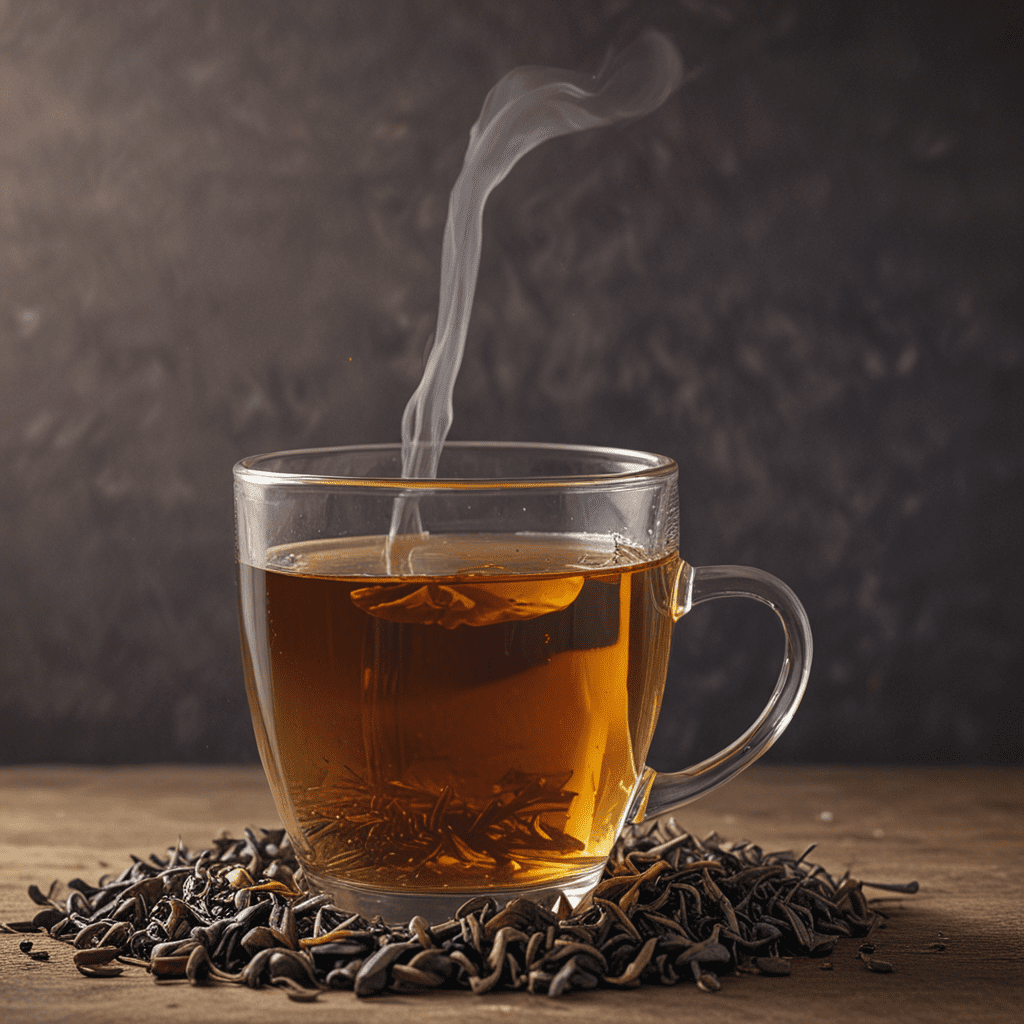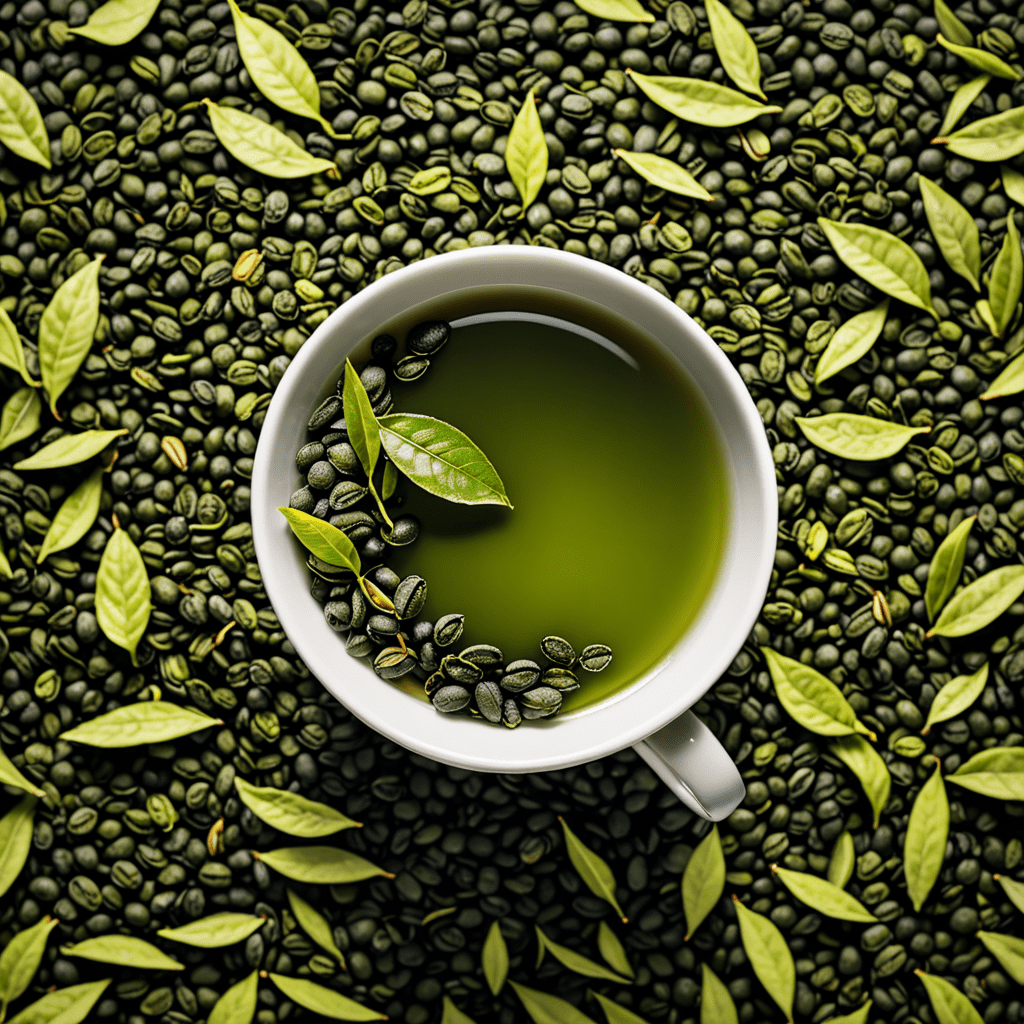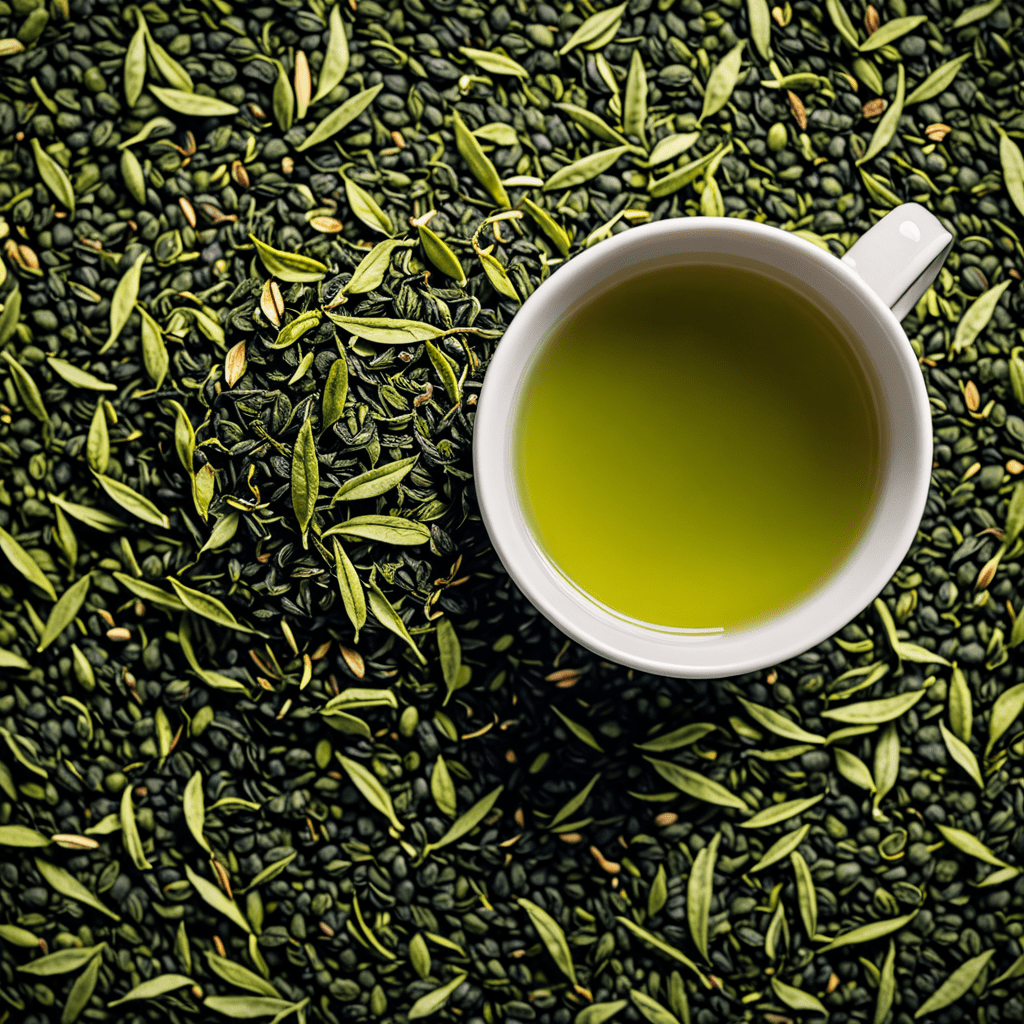Darjeeling Tea: A Glimpse into the Himalayan Culture
Nestled amidst the rolling hills and picturesque vistas of the Himalayas, the Darjeeling region of India has emerged as a renowned producer of one of the world's most prized teas: Darjeeling tea. Steeped in history, tradition, and the distinct flavors of its mountain terroir, Darjeeling tea offers a unique glimpse into the vibrant culture of the region.
Geographical Significance
The Darjeeling tea-growing region encompasses an area of approximately 87 square kilometers, situated in the northernmost part of West Bengal state. The region is characterized by its rugged terrain, with altitudes ranging from 600 to 2,000 meters above sea level. The unique combination of high elevation, cool temperatures, abundant rainfall, and rich soil conditions creates an ideal environment for the cultivation of exquisite tea.
History and Origins
The origins of Darjeeling tea can be traced back to the mid-19th century when the British introduced tea plants to the region in an attempt to establish a new source of the highly sought-after beverage. However, it was not until the late 1800s that Darjeeling tea began to gain widespread recognition for its exceptional quality and distinctive flavor profile.
Cultivation and Harvesting
The cultivation of Darjeeling tea is a labor-intensive process that requires a high degree of skill and expertise. Tea bushes are meticulously pruned and shaped to optimize leaf production. Harvesting is carried out entirely by hand, with the finest plucks yielding the most prized leaves. These leaves are then processed using traditional methods to preserve their delicate flavors and aromas.
6. Unique Characteristics
Darjeeling tea is renowned for its distinctive flavor and aroma, attributed to the specific microclimate and soil conditions of the region. The tea leaves produce a delicate, floral, and slightly astringent brew with hints of muscatel grapes and ripe fruit. Its distinct flavor profile has earned it the title of "Champagne of Teas."
7. Health Benefits
Beyond its taste, Darjeeling tea is also valued for its potential health benefits. It contains a variety of antioxidants, including theaflavins and thearubigins, which have been linked to reducing inflammation and improving heart health. Additionally, the tea's caffeine content provides a gentle boost of energy without the jitters associated with coffee.
8. Darjeeling Tea Industry
The Darjeeling tea industry has played a significant role in the economic and social development of the region. The cultivation, processing, and export of tea provide employment and income to thousands of local communities. The industry has also contributed to the preservation of the region's natural environment, with many tea estates implementing sustainable farming practices.
9. Socio-Cultural Impact
Darjeeling tea has become an integral part of the cultural heritage of the region. Local festivals and celebrations often feature tea-themed events, and tea plays an important role in traditional rituals and ceremonies. The industry has also fostered a sense of community and pride among the local population.
10. Sustainability and Fair Trade
In recent years, there has been a growing focus on sustainability and fair trade practices within the Darjeeling tea industry. Many tea estates are implementing eco-friendly farming techniques to reduce their environmental impact. Additionally, fair trade initiatives have been introduced to ensure that farmers receive fair compensation for their labor.
FAQs
What is the best way to brew Darjeeling tea?
For optimal flavor, use fresh, filtered water and steep the tea leaves for 3-5 minutes at a temperature between 180-195°F (82-90°C).
What are the different types of Darjeeling tea?
Darjeeling tea is typically classified into three main types based on the time of year it is harvested: First Flush (spring), Second Flush (summer), and Autumnal (fall). Each season produces tea with unique flavor characteristics.
Is Darjeeling tea expensive?
Yes, Darjeeling tea is generally considered a premium tea due to its rarity, high quality, and unique flavor profile. It can be more expensive than other types of tea.
How can I tell if Darjeeling tea is authentic?
Authentic Darjeeling tea carries a certification mark from the Tea Board of India, which ensures that it has been grown and processed according to specific standards.


